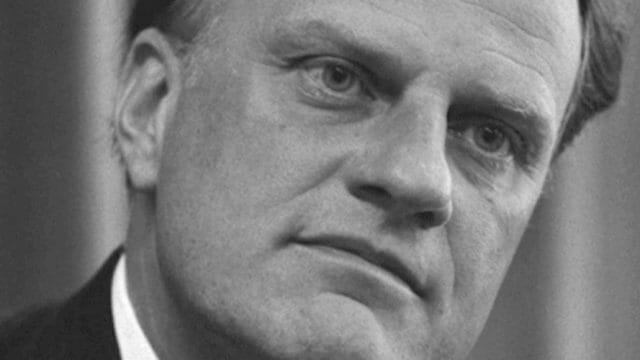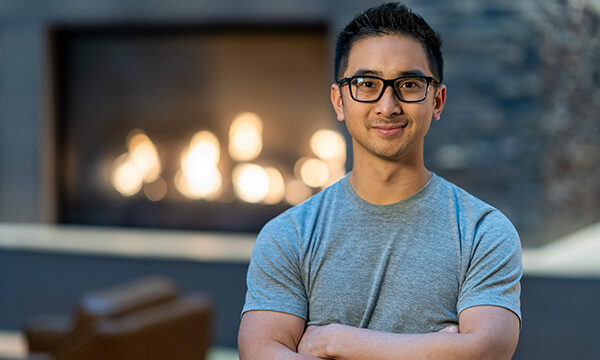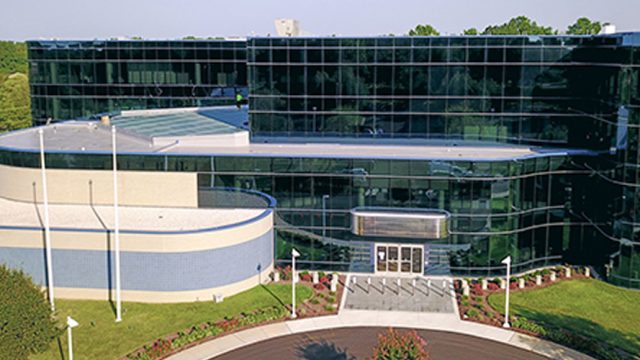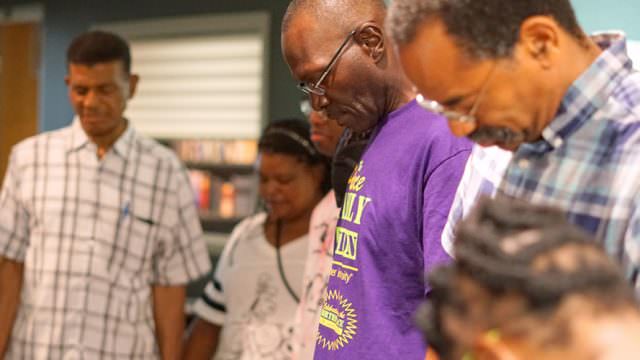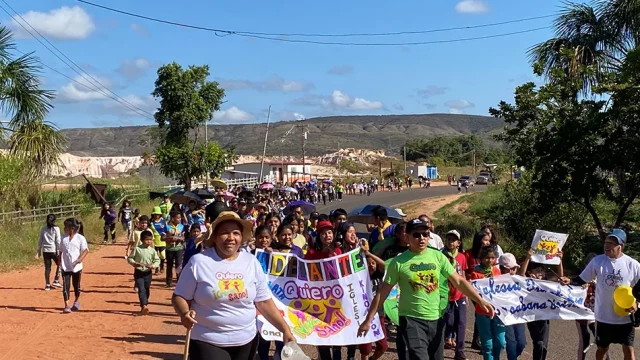Justin Telesio reclaimed his life thanks to Loma Linda University Health support.

The day Justin Telesio poured out all the alcohol in his home, his children cheered.
His decision to remove alcohol from his life came on October 8, 2023, after an altercation with his wife ended with him in handcuffs and too intoxicated to remember the night’s events.
“I only blacked out twice in my life from drinking, and that was one of those times,” Justin says. “I don’t remember what happened, and that’s the worst part. What pushed things over the edge was realizing I put the people I love in danger and had no recollection of it.”
Determined to make a lasting change for himself and his family, Justin eventually entered the Loma Linda University Behavioral Health Dual Diagnosis program, where his experience with therapy transformed the course of his life.
Until that point, Justin, 36, was no stranger to alcohol and addiction. He had started drinking in high school, with alcohol readily available both at home and outside. What began as functional drinking during his teenage years escalated into a deeper addiction in adulthood, where his daily routine included drinking throughout the day and consuming up to six glasses of hard liquor each night.
But alcohol wasn’t his only battle. Alongside heavy drinking, Justin hid a cocaine addiction, and a deep-rooted depression left him feeling worthless.
For more than two years, his drinking and secret drug use affected his job performance and strained his relationships with his wife and children.
“I did notice a change in his behavior over the last year or two,” says Justin’s wife, Amie. “I thought it had to do with his ADHD.”
Amie was unaware of the severity of Justin’s drug use, especially after he proclaimed his sobriety following their October altercation. However, his secret substance addiction, combined with untreated depression, led to a breakdown in January 2024, when Justin voluntarily checked himself into Loma Linda University Hospital for a 5150 — a 72-hour psychiatric hold.
After being discharged, Justin finally admitted to Amie the full extent of his addiction. “We had just finished praying, and he didn’t say amen,” Amie recalls. “Instead, he told me, ‘I need to be honest with you. I’m a cocaine addict.’”
Already in the parking lot of the Emergency Department, Amie encouraged Justin to enter the Loma Linda Behavioral Health Intensive Outpatient Program for addiction and to address his mental health.
For Justin, this program was his first experience with therapy.
“There was definitely some stigma — like the idea that only ‘crazy’ people need therapy — but he was able to work through that,” says Heather Porter, Justin’s primary therapist during his time in the program. “I explained that everyone needs support at some point, and after that conversation, he really started to engage.”
Determined to overcome his addiction and address his depression, Justin became an active participant in group therapy, applying the skills he learned to various areas of his life, including work, family, and his relationship with his children.
“He embraced group therapy and used what he learned in real life,” Porter says. “He would come back to the group, share how things went, and adjust as he grew. It was amazing to see his progress.”
Justin says his greatest takeaway from his experience in the program was learning how to process intrusive thoughts, bad feelings, or a sense of uneasiness without resorting to destructive behaviors. In the past, he would quickly escape uncomfortable emotions by using drugs or drinking, picking fights, or acting out. Now, Justin no longer reacts impulsively.
Although drugs, alcohol, and depression once made Justin unrecognizable to himself, he now has a renewed sense of purpose — one free from the shame and guilt of his past. Now, Justin feels like a new person. “I’m back to being someone my wife can rely on. I’m worthy of being sober. I’m worthy of happiness.”
The original version of this story was posted on the Loma Linda University Health news site.


